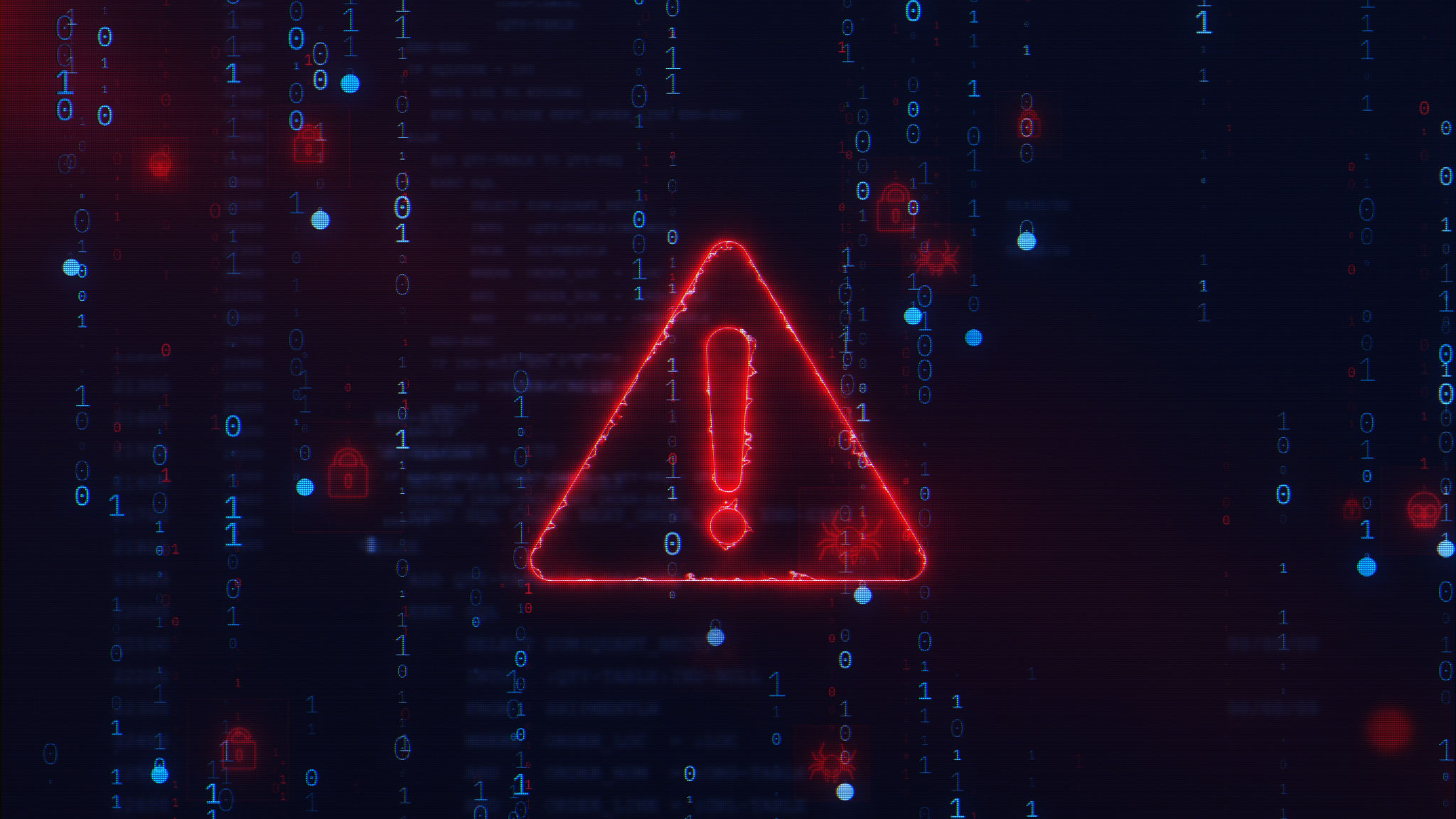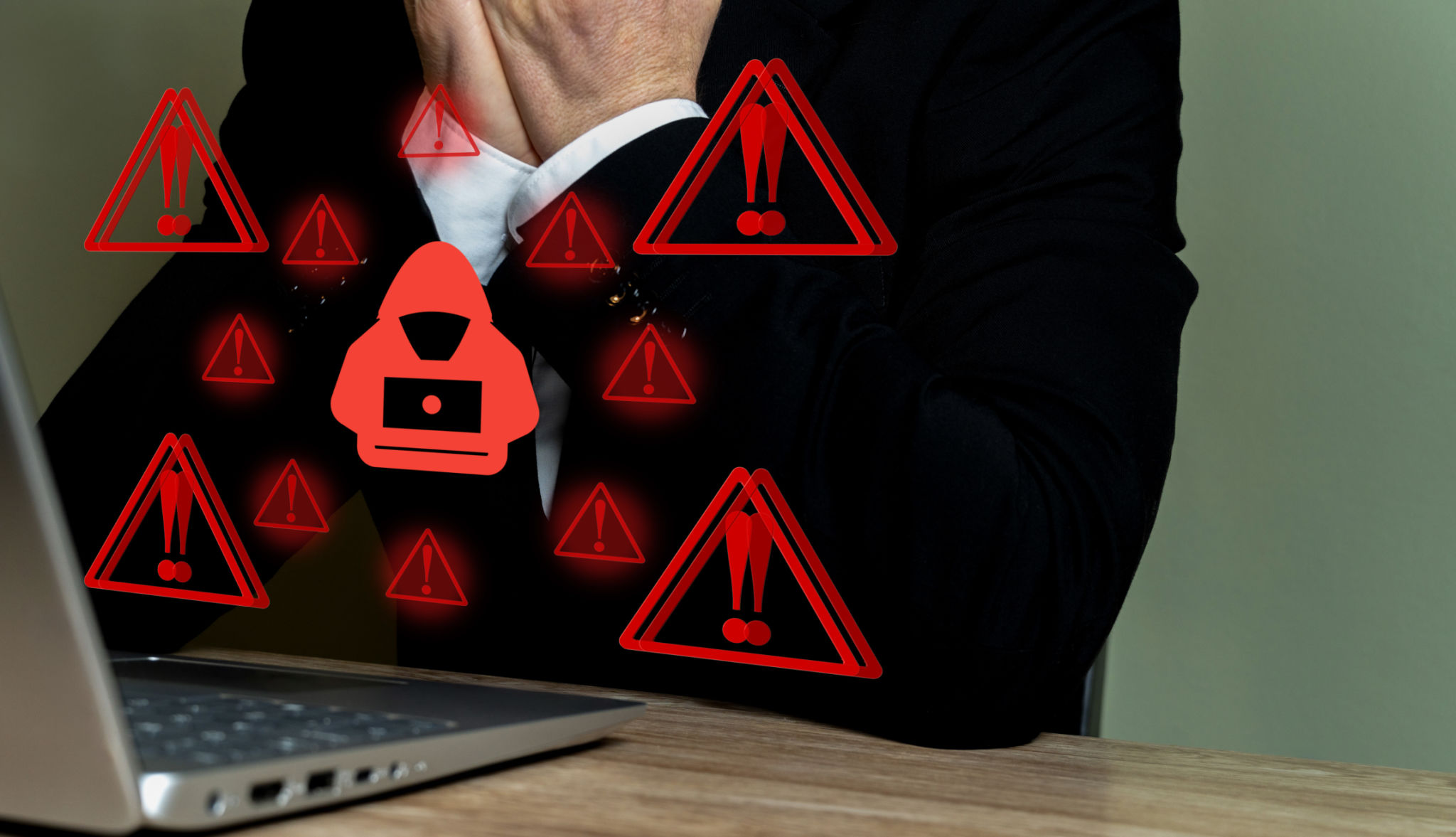Preparing Your Business for Cybersecurity Threats in the Digital Age
DP
Understanding the Importance of Cybersecurity
In today's digital landscape, cybersecurity is not just a luxury—it's a necessity. As businesses increasingly rely on digital platforms, the risk of cyber threats grows exponentially. These threats can lead to devastating financial losses and damage to your business's reputation. Therefore, preparing your business to tackle these challenges is crucial.

Identifying Potential Threats
Cyber threats can take many forms, from phishing scams to ransomware attacks. Understanding these risks is the first step in safeguarding your business. Phishing scams often involve deceptive emails that trick employees into revealing sensitive information. Ransomware attacks, on the other hand, can lock you out of critical systems until a ransom is paid.
To effectively combat these threats, it's essential to stay informed about the latest trends and developments in cybersecurity. Regularly updating your knowledge will help you anticipate potential vulnerabilities and prepare accordingly.
Implementing Strong Security Measures
Once you have identified potential threats, the next step is to implement robust security measures. Start by ensuring all software and systems are up-to-date with the latest security patches. Regular updates can help close vulnerabilities that hackers might exploit.

Additionally, consider investing in comprehensive antivirus and firewall solutions. These tools act as the first line of defense against unauthorized access and malicious software. Educating your staff about best practices in cybersecurity is equally important, as human error is often a significant factor in security breaches.
Developing a Cybersecurity Policy
A well-drafted cybersecurity policy provides guidelines for how your business handles data and responds to security incidents. This policy should cover various aspects such as password management, data encryption, and incident response procedures.
- Establish strong password policies requiring complex and frequently updated passwords.
- Implement data encryption to protect sensitive information both in transit and at rest.
- Outline a clear incident response plan to quickly address any breaches or attacks.

Regularly Reviewing and Testing Your Security Systems
Cybersecurity is not a one-time task but an ongoing process. Regular reviews and audits of your security systems can help identify weaknesses before they are exploited. Conducting penetration testing can provide valuable insights into how well your defenses hold up against attempted breaches.
Encourage a culture of security awareness within your organization. Regular training sessions and simulated phishing attacks can keep employees vigilant and better prepared to recognize potential threats.
Staying Ahead of Evolving Threats
The nature of cyber threats is continually changing, which means your strategy must be adaptable. Stay informed about new technologies and techniques used by cybercriminals. Joining industry groups or forums dedicated to cybersecurity can provide valuable insights and networking opportunities with other professionals facing similar challenges.
By remaining proactive and continuously improving your cybersecurity measures, you can protect your business from potential threats and ensure its long-term success in the digital age.